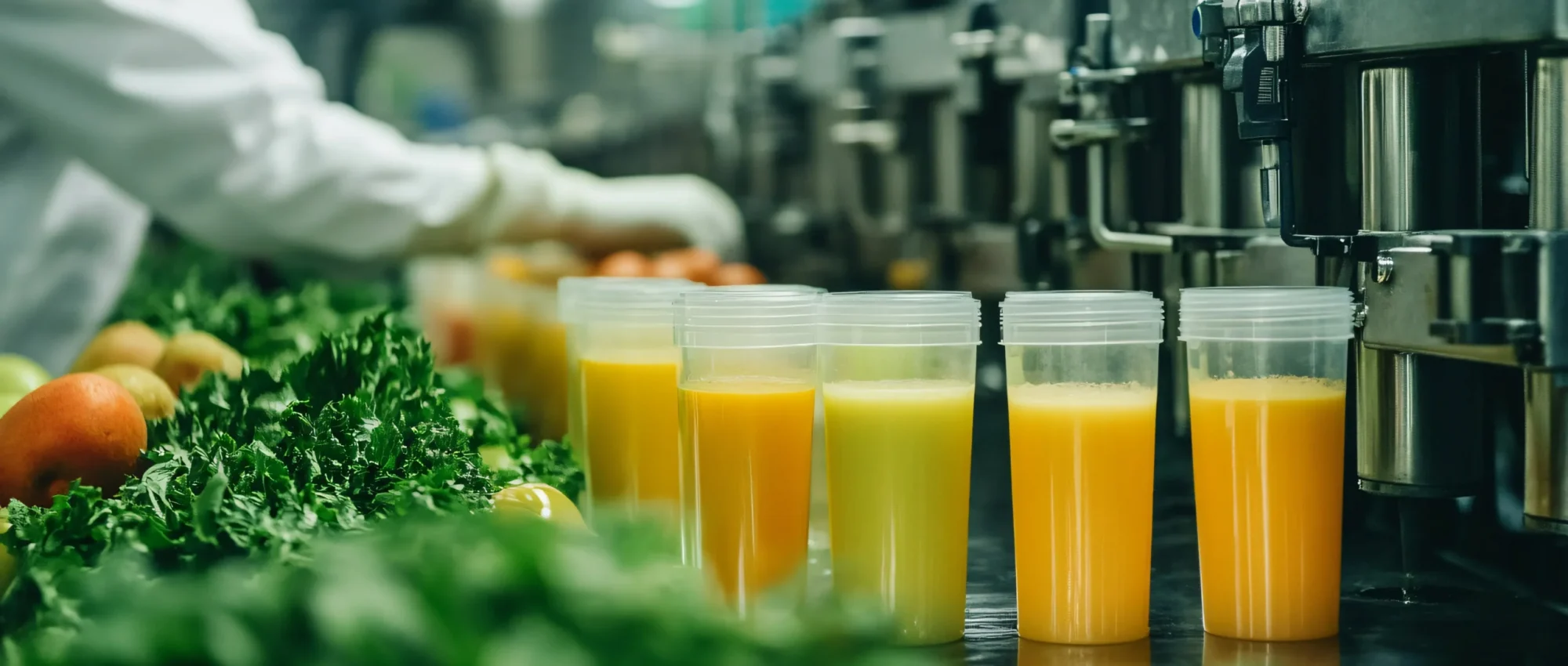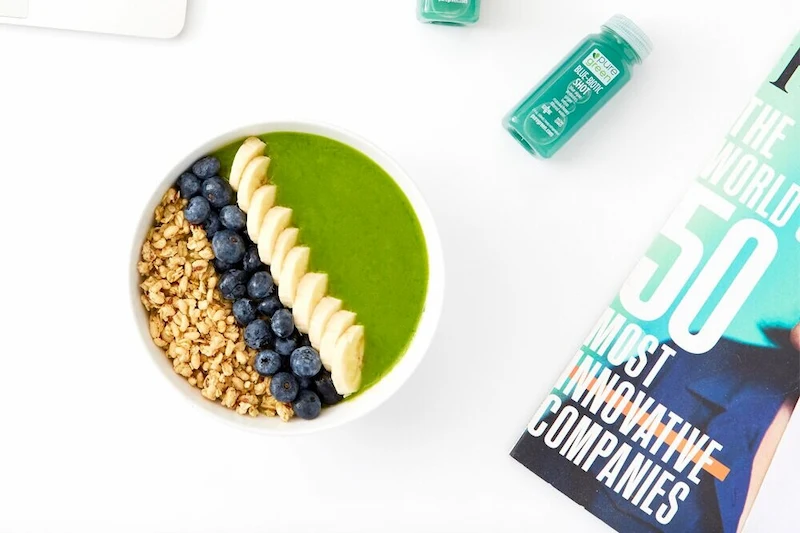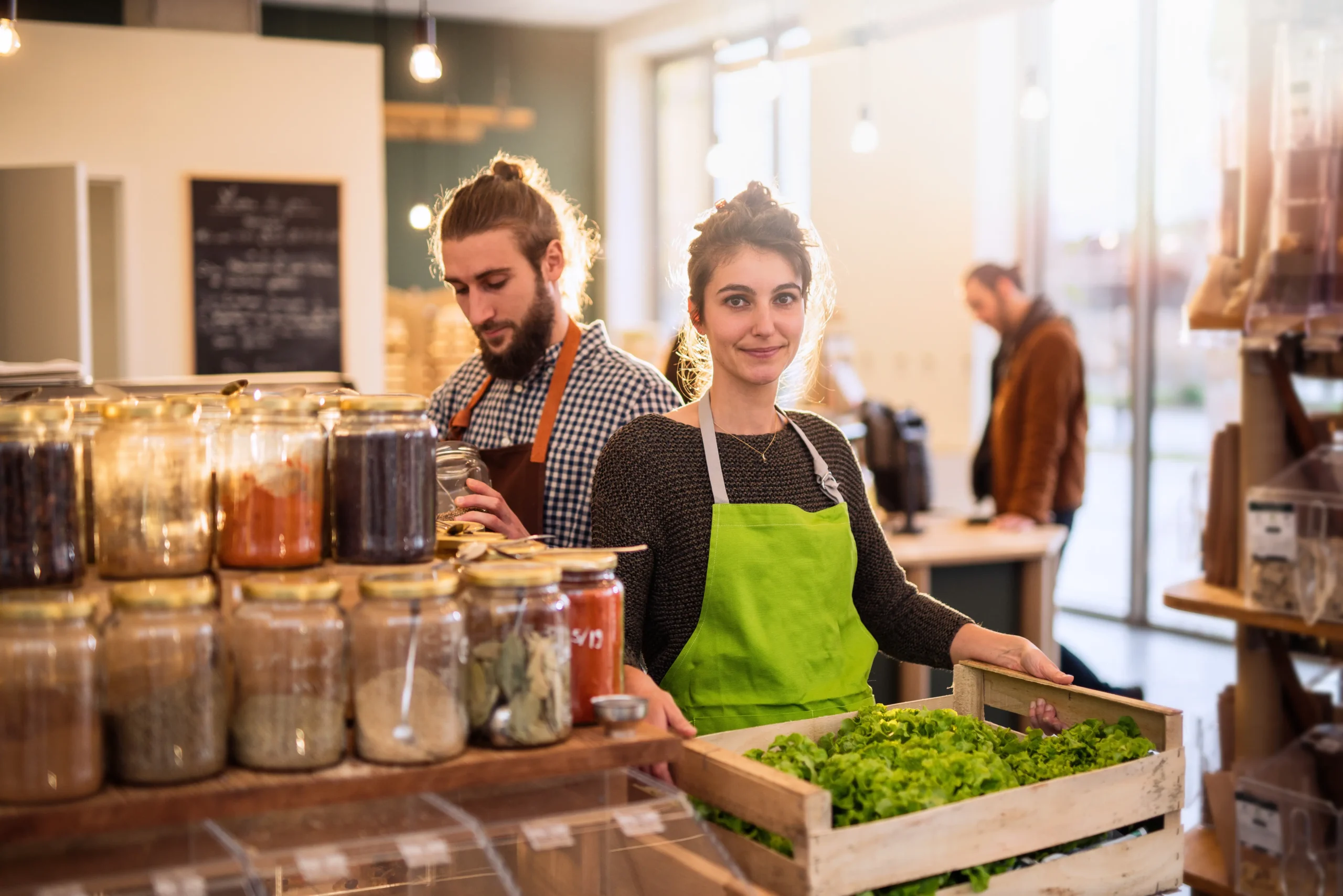Understanding the Process: Is Cold Pressed Pasteurized?
Cold-pressed juice is a hot new take on regular old juice. As people have started to make healthier and healthier lifestyle choices. Cold-pressed juice has stood out as a clear winner on
When addressing the question, “Is Cold Pressed Pasteurized,” it’s important to understand the fundamental differences in the production process of cold-pressed juice compared to traditional juicing methods. Cold-pressed juice is made using a hydraulic press to extract juice from fruits and vegetables. This method generates no heat, hence the term ‘cold-pressed.’ The lack of heat helps preserve the nutrients and enzymes that are often lost in traditional juicing methods, which involve heat and oxidation.
As for pasteurization, it is a process that involves heating the juice to kill harmful bacteria and extend shelf life. However, this heating process can also degrade some of the vital nutrients and enzymes in the juice. Therefore, most cold-pressed juices are not pasteurized in the traditional sense. Instead, some brands use alternative methods like High Pressure Processing (HPP) to ensure safety without compromising the nutritional integrity of the juice. This method allows cold-pressed juices to retain their nutritional benefits while also being safe for consumption.
But, what exactly is cold-pressed juice? And why is pasteurization such a bad idea when it comes to the juice? Let’s take it step by step
Key Takeways
- Cold Pressed Juice is a delicious and refreshing pick-me-up. It is usually made with 100% fresh fruits and vegetables
- Cold-pressed juice is made by a revolutionary machine called – you guessed it – a cold-press juicer
- The pasteurization process completely eliminates all the benefits that cold pressing brought to the juice on the table
- High-Pressure Processing, also known as HPP, is the only other recommended way to preserve cold-pressed juice
WHAT IS COLD PRESSED JUICE?
How is Cold Pressed Juice Made?
Okay, so what’s the difference between regular juice and cold-press? Well, cold-pressed juice is made with the same ingredients like good quality, regular juice – fresh fruits and raw vegetables. What’s really different here is the process or method of extraction.
Cold-pressed juice is made by a revolutionary machine called – you guessed it – a cold-press juicer. This is basically a super-strong compressing machine that – as the name suggests – presses the juice out of the fresh produce.
The cold part of the name isn’t referring to the temperature of the juice, although it is best served straight from the fridge! It’s actually called that because there is no heat involved in the extraction method. Cold-pressing has a bunch of benefits, which you can read more about here, but let’s just go through the main advantages quickly for now.
- Heat destroys the delicate enzymes, vitamins, minerals, micro and macronutrients that you get in a fresh piece of fruit or serve of veggies. Cold-pressing eliminates this problem, as no heat is involved in the extraction method.
- Oxidation or exposure to oxygen breaks down essential nutrients and causes further degradation. The slow cold juicer also avoids this as it crushes and doesn’t mix the juice.
How does Heat Damage the Juice?
Hold up, who knew the heat was bad for food? Well, have you heard about the advantages of a raw food diet yet? It’s true, some fresh produce needs to be cooked – like potatoes and some beans. Our bodies just can’t digest them properly raw. But, this is the minority.
In the context of “Is Cold Pressed Pasteurized,” it’s crucial to note that while traditional pasteurization involves heat, which can diminish the nutritional value of foods like fruits and vegetables, cold-pressed juices often bypass this process to retain their raw benefits. The cold-pressing technique ensures that the juice extracted from fruits and vegetables remains in its most natural and nutrient-rich state.
However, to address safety concerns without using heat, many cold-pressed juice manufacturers opt for non-thermal preservation methods like High Pressure Processing (HPP). HPP effectively inactivates pathogens and extends shelf life while maintaining the raw qualities and nutritional integrity of the juice. This method allows consumers to enjoy the full health benefits of raw fruits and vegetables in a convenient, safe, and more digestible form, answering the question of whether cold-pressed juice is pasteurized with a focus on preserving nutritional quality.
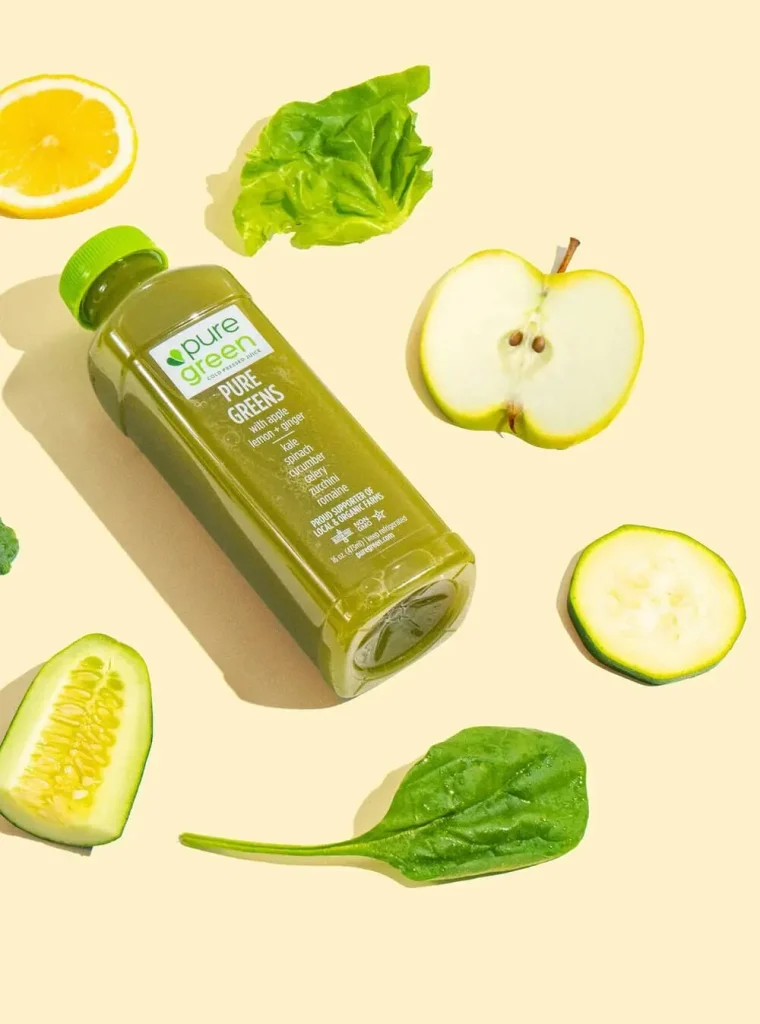
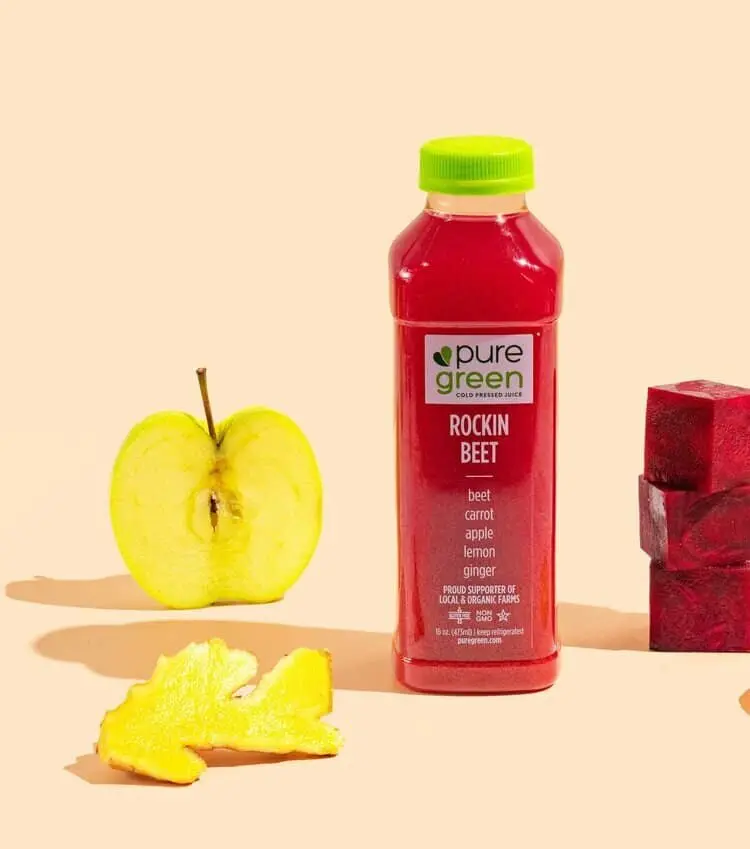
Most fresh produce is ready to be enjoyed just as nature intended. In fact, cooking actually kills a lot of the benefits you find in raw produce. Important vitamins and vital nutrients are simply too delicate and just can’t stand the heat.
This is the main reason why cold-pressing is becoming more and more popular. As people realize the counterproductive effects heat is having on the healthy foods they consume, we can make better choices, like opting for cold-pressed juice next time.
So, everything makes sense for now – but where does pasteurization come into it?
WHAT IS PASTEURIZATION?
Imagine you have a tall glass of freshly pressed, organic juice in front of you. You have invested in a state-of-the-art cold-press juicer, so you know that every delicate nutrient has been preserved, every vitamin in place. Concentrated goodness gleaming in a glass, you can already taste the healthy benefits. Just what your body needs.
Now take that gorgeous juice and boil it for a while. Cool it down. It might look the same, it might even smell the same, but you will never again have the same juice. The chemical process involved in heating the juice has completely changed it forever.
All the delicate nutrients and enzymes have been damaged and the entire cold pressing process has been rendered essentially pointless. The taste and the nutritional potency will have been lost forever. It’s just counter-productive.
This is the process of pasteurization – heating food or beverage to sterilize it, killing off possible microbes and making it last longer. We pasteurize food for a lot of reasons – but pasteurizing cold-pressed juice just doesn’t make any sense.
Why is it Never a Good Idea to Pasteurize Cold Pressed Juice?
The pasteurization process completely eliminates all the benefits that cold pressing brought to the juice on the table, so to say. Sure, pasteurization has its place. It’s important not to drink raw cow milk, as it can contain life-threatening bacteria. Women are also discouraged from drinking unpasteurized beverages while pregnant. But why pasteurize juice?
Well, the easy answer is that it lasts longer. The pasteurization process is a cheap way to extend the shelf-life of a product. Cold-pressed juice typically lasts at a max of 72 hours. Pasteurized juice can be stored for much longer periods of time. But, the juice you get will be a vastly inferior product.
Well then, pasteurization is out, what other options do I have?
Don’t worry, if you want to make your cold pressed juice last longer, there are some great alternatives to pasteurization!
So, What are the Alternatives?
Freezing
High-Pressure Processing
High-Pressure Processing, also known as HPP, is the only other recommended way to preserve cold-pressed juice. It’s the method we use here at Pure Green – and it’s easy to see why. Like freezing, HPP retains all the taste and texture found in fresh cold-pressed juice. By increasing pressure, harmful bacteria are eliminated from the juice while keeping the essential enzymes and nutrients largely intact. It’s a special procedure that requires specialized equipment but has the best results. Juices are kept fresh for up to 45 days without compromising on quality.
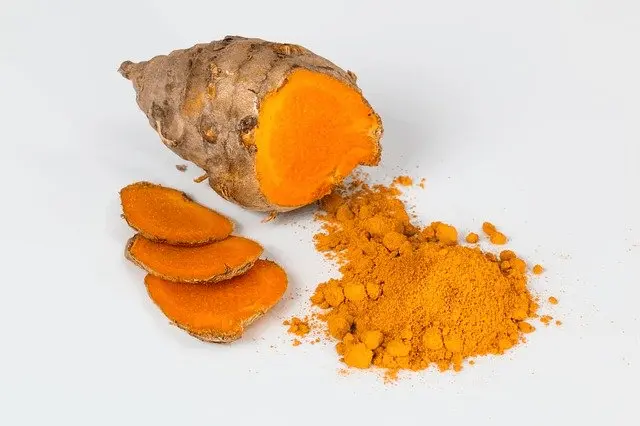
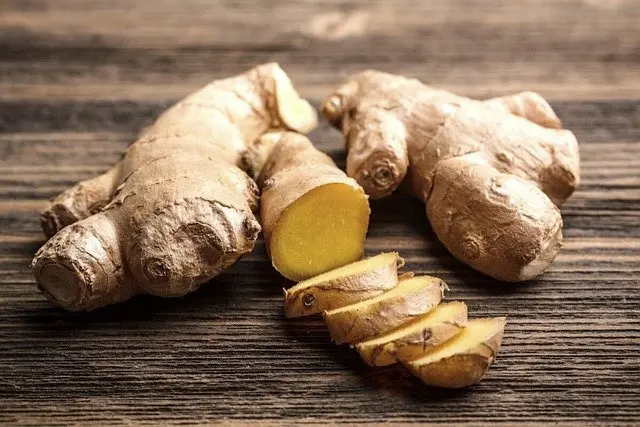
WHERE CAN I FIND COLD-PRESSED JUICE?
So, want to try some delicious and nutritious cold-pressed juice yourself? Unless you want to invest in a pricey cold pressed juicer, check out the fresh juice section of your local grocery store. Just make sure the juice isn’t pasteurized – it should be marked pretty clearly on the label.
Or check out your local juice bar. More and more juice bars are popping up all over the country, just make sure you ask with staff to know if the juices are pasteurized or not. Look for the Pure Green label or visit us in store if you want to be sure.
You can even order on-line or subscribe to have delicious unpasteurized cold pressed juice delivered directly to you.
To Keep it Short
Remember, there’s no point drinking pasteurized cold-pressed juice and undoing all the wonderful benefits cold-pressed has to offer. Cold-pressed juice is an amazingly healthy option, but the vitamins and enzymes in the juice are just way too delicate to stand up to the damaging effects of pasteurization. And when there are clear alternatives like HPP, pasteurization cold-pressed just doesn’t make any sense. Look for a clearly marked bottle next time you need a health boost, or try out one of our delicious range today.
